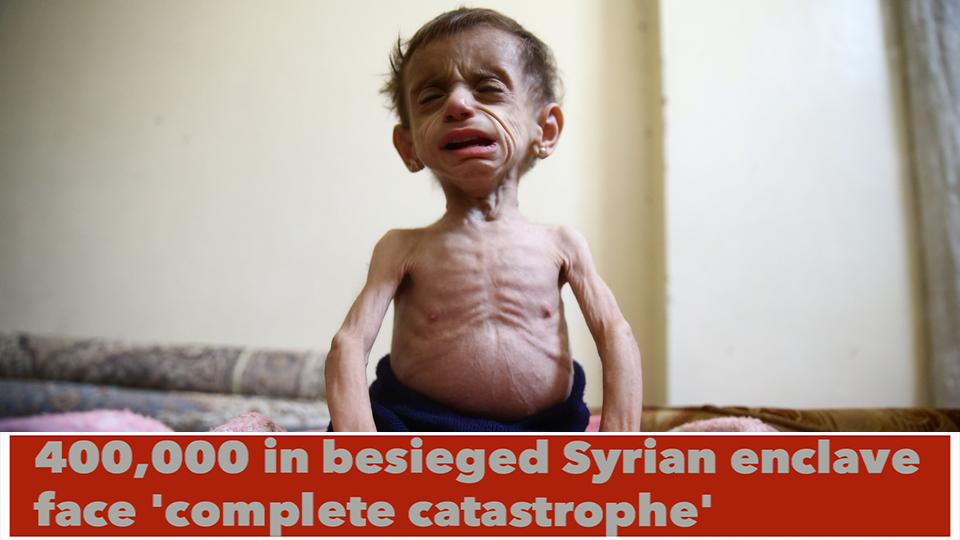ENGLISH
400,000 in besieged Syrian enclave face 'complete catastrophe'
UN humanitarian adviser Jan Egeland says the conflict in Syria is returning to its "bleakest days" as the people trapped in the Damascus suburb of Eastern Ghouta face mass starvation.
The 400,000 civilians besieged in the Syrian enclave of Eastern Ghouta face "complete catastrophe" because aid deliveries are blocked and hundreds of people need urgent medical evacuation, UN humanitarian adviser Jan Egeland said on Thursday.
Seven people had already died because they were not evacuated, and 29 more were at imminent risk, including 18 children, he told reporters in Geneva after a regular meeting of the UN humanitarian task force on Syria.
There were a growing number of acutely malnourished children, which meant they were very close to dying, he said.
According to TRT World correspondent Courtney Kealy, at least three children recently died from acute malnutrition in the enclave.
"A very bleak report was delivered from us on the UN side. I feel as if we are now returning to some of the bleakest days of this conflict again," Egeland said.
"The fears are that we are now returning with civilians in crossfire in too many provinces at the same time."
"Nowhere is it as bad as in Eastern Ghouta," he said, adding that the area east of Damascus had been "completely sealed off" since September, and UN aid convoys, which would be the only lifeline, have not been given permission to enter the enclave.
"We cannot continue like that. If we only get a fraction of what is needed it will be a complete catastrophe."
Speaking on TRT World’s Strait Talk programme, Mohamed Kattoub, the Turkey director of Syrian American Medical Society, said infighting among groups within Eastern Ghouta was also affecting the delivery of aid to the enclave in addition to the regime’s siege.
Russian and UN officials had met with regime representatives in Damascus to try to break the deadlock, both for Eastern Ghouta and for about 55,000 civilians stranded on the Jordanian border in a desolate area known as the Berm.
"The first meeting still hasn’t produced at all the concrete results that were needed," Egeland said, "but it is our strong feeling that the Russian Federation wants us to get the access and wants to help us so we are hopeful that this trilateral mechanism will yield results."
The Berm had not received an aid distribution since June, but the United States, Russia and others had worked out a detailed plan to supply aid from Damascus.
Despite diplomatic efforts to set up "de-escalation zones" there was still fighting in many areas, including Aleppo, Idlib, Raqqa, Deir Ezzor and Hama, and civilians were being caught in the crossfire.
He said the war had lasted longer than the Second World War, and supplies were depleted, so that the coming winter could be the toughest of the war even if it is the last.
"This is a man-made disaster, it can end," Egeland said.
TRT World
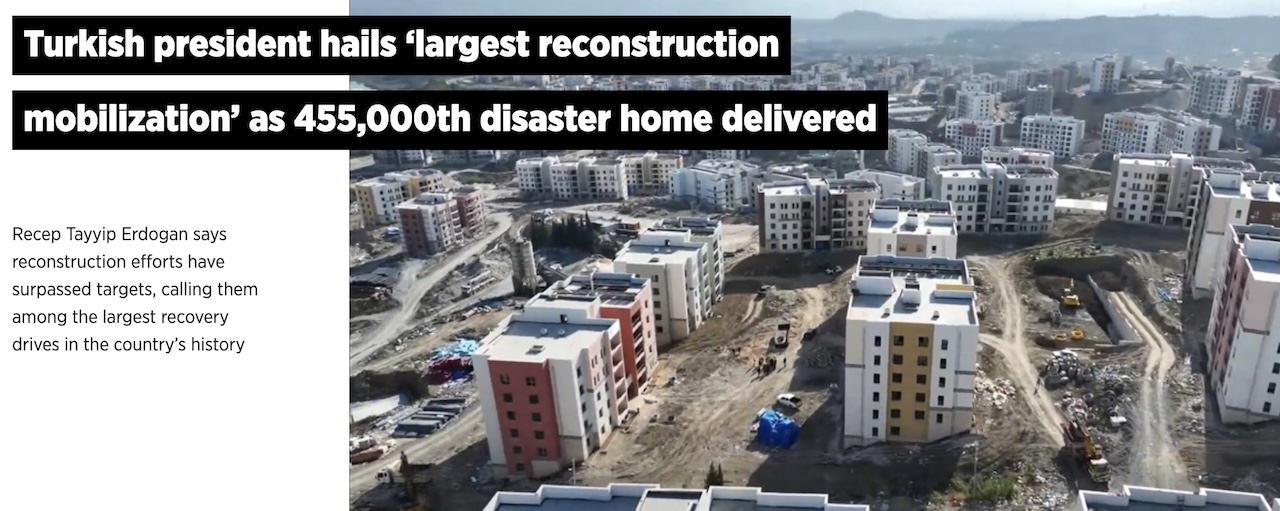
Türkiye delivered the 455,000th disaster housing unit to earthquake survivors
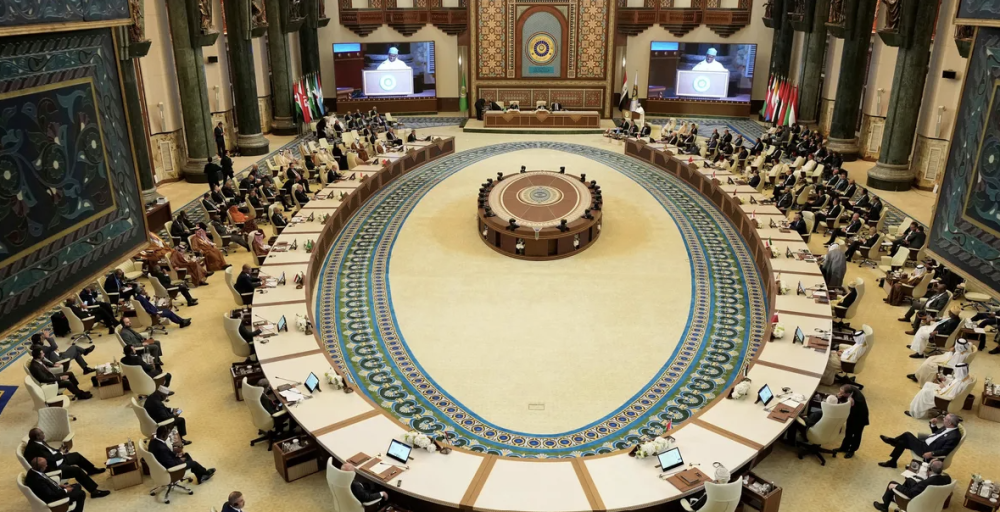
31 Arab, Muslim countries condemn Netanyahu's 'Greater Israel' goals

“Love in Scutari” Continues to Attract International Literary Attention
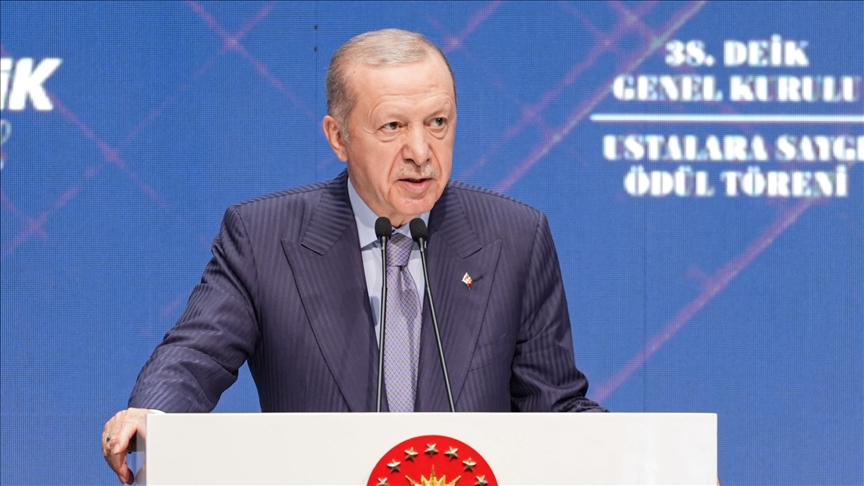
Geopolitical risks that began with Gaza genocide escalated by Israel’s regional attacks: Turkish president
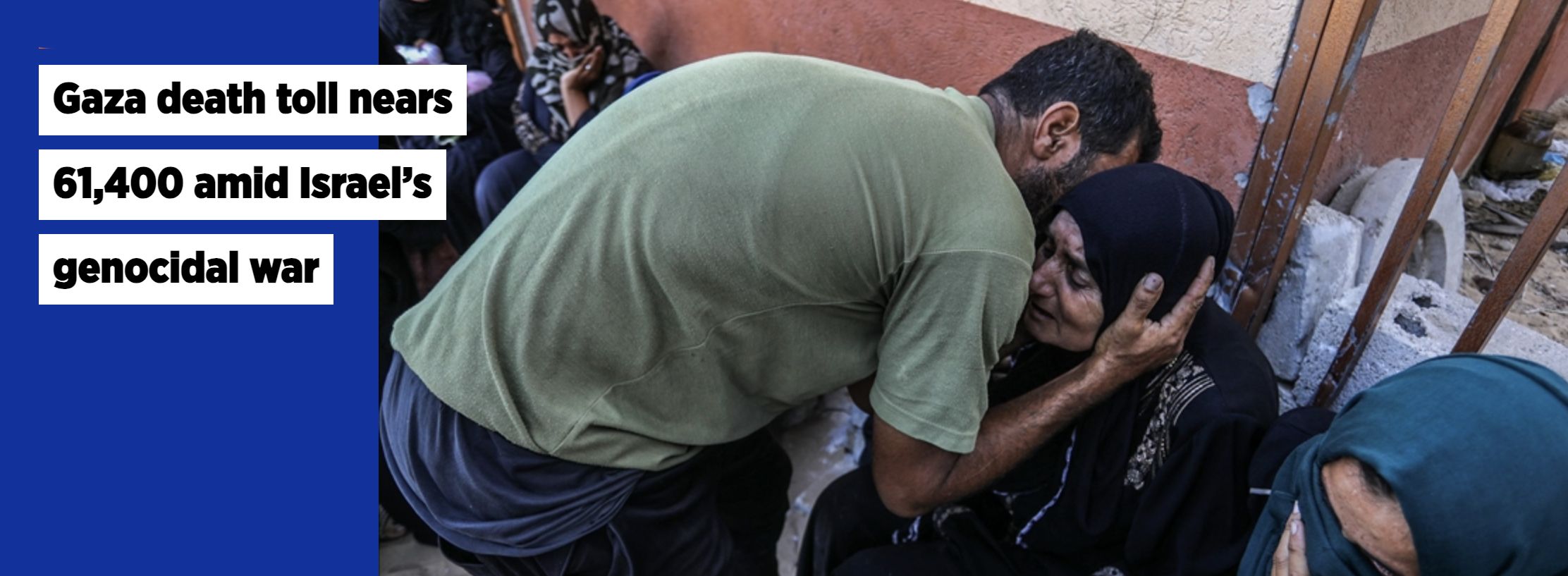
Gaza death toll nears 61,400 amid Israel’s genocidal war
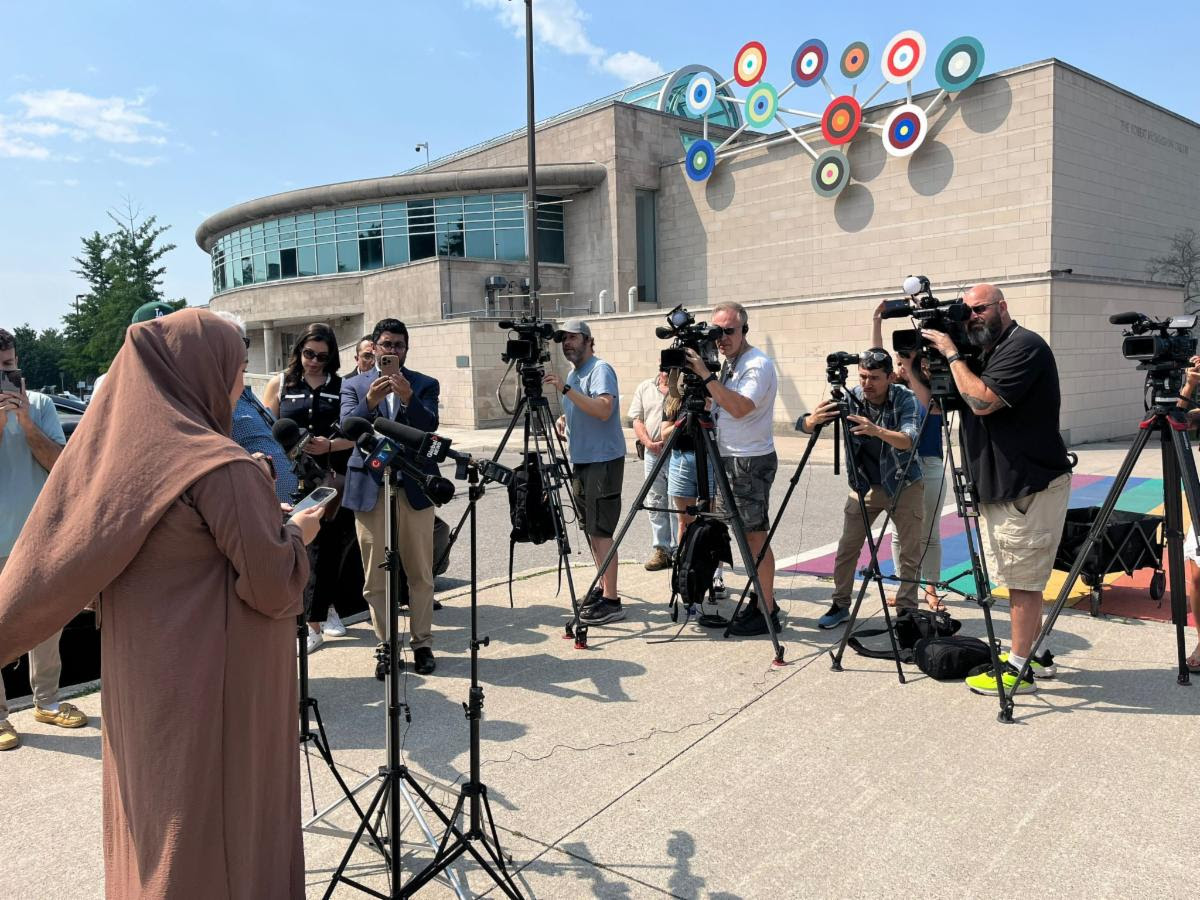
A Rise of Islamophobia in Canada

Turkish Technology Professionals from Around the World Meet on the TurkTechDiaspora Platform

Gaza death toll nears 53,300 as Israel continues its genocidal war
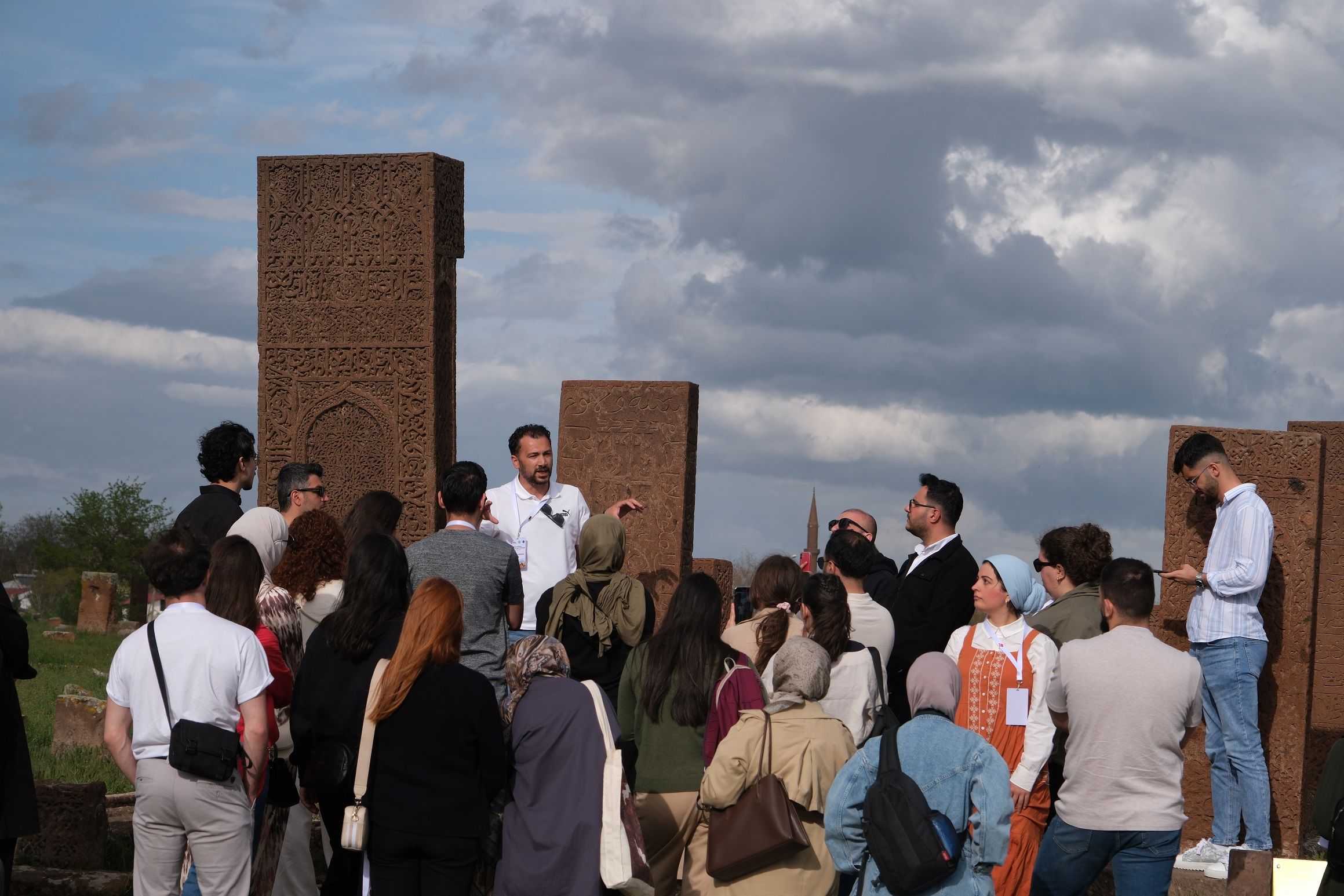
YTB sheds light on the Armenian issue in the shadow of historical sites

Police warn of 'distraction thefts' targeting Muslim community
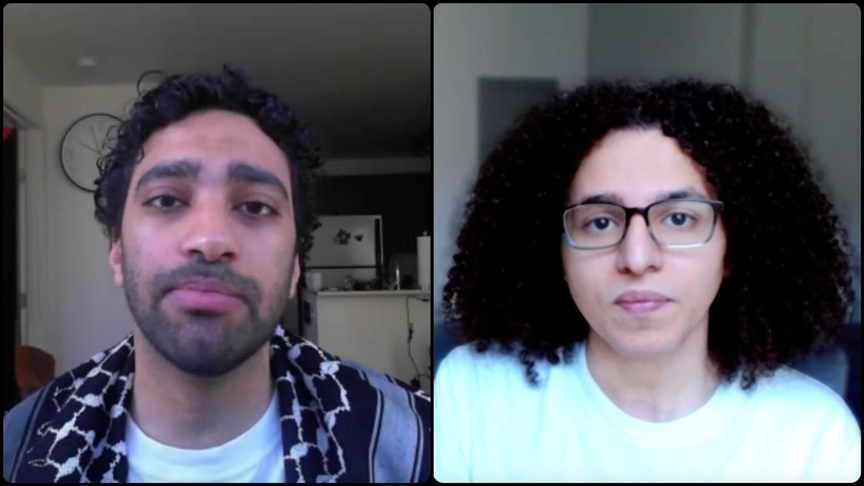
Fired Microsoft employees accuse company of enabling Israel’s attacks on Gaza
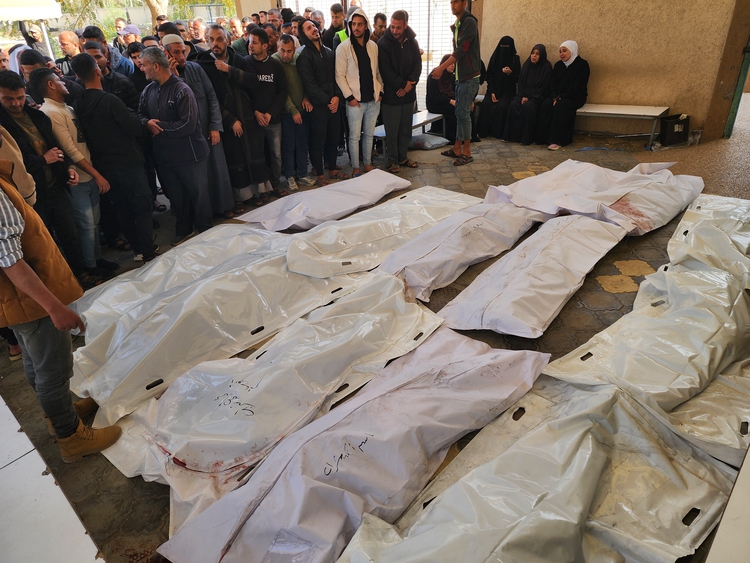
Gaza death toll tops 51,100 as Israeli army kills 92 more Palestinians
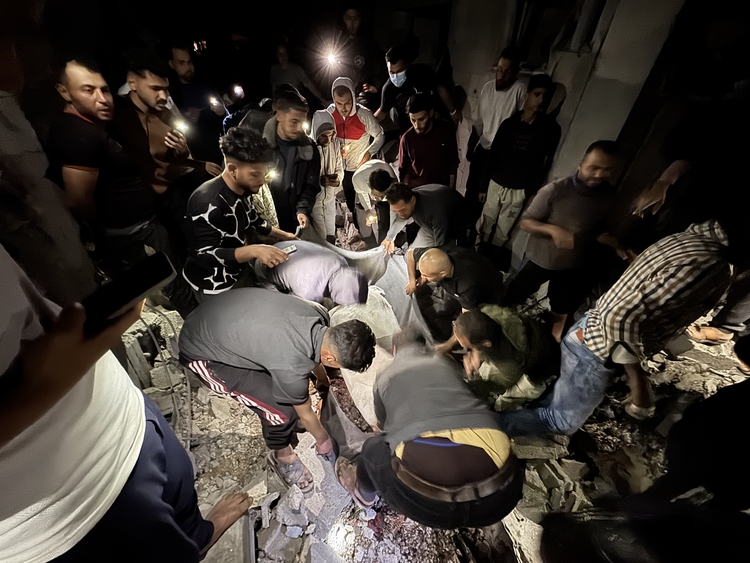
Gaza death toll passes 50,500 mark amid ceaseless Israeli attacks

Islamophobia and anti-Palestinian racism in Canada higher than after 9/11, warns expert


